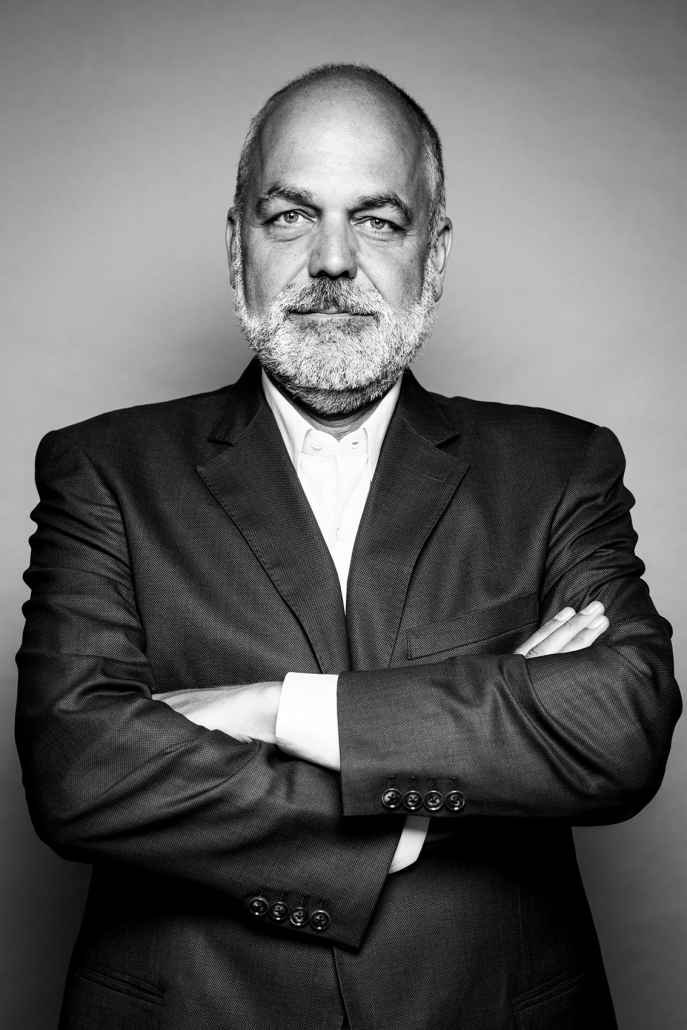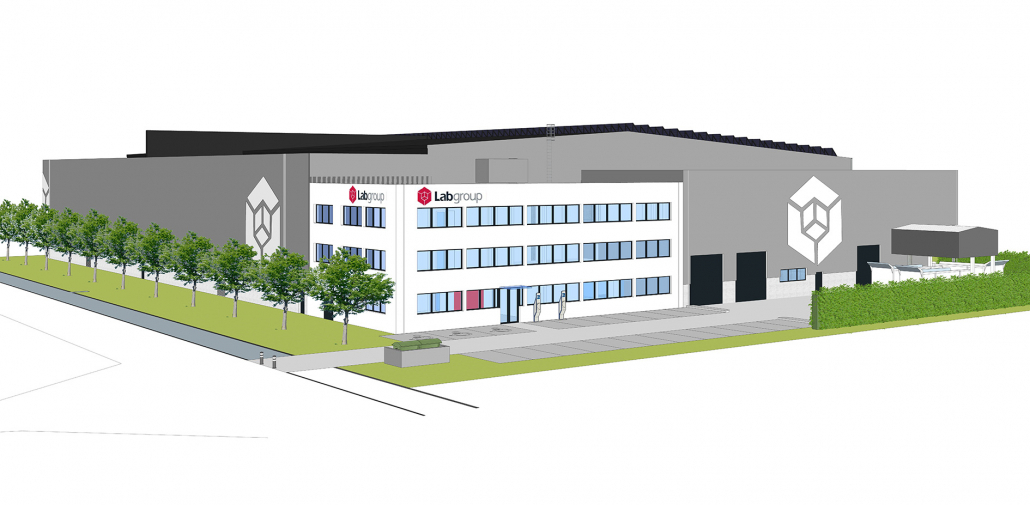The management is proud to announce that Labgroup has obtained the ISO 14001 environmental certification for its commitment and responsible environmental practices. Following an external audit carried out last October by the certification body Interdigicert Europe SA (CertiTrust), Labgroup received the ISO 14001:2015 certification at the beginning of November.
Reducing its environmental impact while carefully managing a policy that respects its stakeholders has always been a priority for the digital transition expert.
“Every company has a responsibility for the environmental and social impacts of its decisions and activities. Lab Luxembourg S.A. assumes its responsibility by adopting a voluntarist policy and ethical behaviour. The CSR (Corporate Social Responsibility) policy, which has been in place for the past ten years, integrates into the company’s culture and the daily management the sustainable development principles (social, environmental, ecological).”, Bernard Moreau, CEO, Labgroup.
Labgroup was aiming for and obtained the ISO 14001 certification in 2019. This international standard defines the requirements for an environmental management system that an organisation can use to improve its environmental performance. The preparation of the certification audit was the opportunity to structure and put together all the “green” actions in place. The company is looking for the most eco-friendly and energy-efficient solution in every project – from purchasing, to the construction of the new building in Grass – the environmental aspect is part of every decision.
“The proper environmental management concerning carbon emissions, energy consumption, the impact of travelling, waste management and recycling … has always been one of Labgroup’s priorities. The ISO 14001 certification is an official recognition of our environmental efforts.”, Bernard Moreau, CEO, Labgroup.
For many years, Labgroup has invested in various ecological projects such as:
WASTE MANAGEMENT
Labgroup’s waste management has been labelled “SuperDrecksKëscht fir Betriber” in 2018, following the international standard ISO 14024:2000. Among the requirements fulfilled is the establishment of a procedure for monitoring and controlling the correct application of the instructions.
As an example of good practices in our organisation, we can mention:
- Providing our customers with 100% recyclable, 100% renewable and 100% biodegradable “kraft” cardboard storage boxes made from 85% recycled fibre.
- Sorting of the paper archives before shredding, in order to separate “white” paper (without colour printing), coloured paper, cardboard, plastic and other waste (especially metals), and thus optimise their recycling.
- Replacing disposable cups with “green cups” (customised reusable cups) or glass cups.
REDUCING THE CARBON FOOTPRINT AND RATIONAL USE OF NON-RENEWABLE RESOURCES
In 2015, Labgroup began calculating the number of carbon emissions related to its activities, in order to identify the reduction measures to be implemented, among which we can mention:
- The replacement of conventional lighting sources with LEDs, which are more efficient, economical, sustainable and automatically switched off thanks to presence detectors.
- The installation of a charging station powered by solar energy for the company’s electric and visitors vehicles.
- The use of “free cooling” which uses the difference of the indoor temperature and outside air in order to reduce the energy expenditure of the air conditioning of the computer rooms.
- The full compensation of the CO2 production (200.35 tonnes in 2017) of Labgroup’s fleet of vehicles, through the actions of the Luxembourg organisation “MyClimateLux a.s.b.l.”.
THE DIGITAL TRANSITION HUB, A BUILDING THAT REDUCES ITS ENVIRONMENTAL IMPACT TO THE MINIMUM!
The new building, currently under construction in Grass, will be the reference for innovative solutions for secondary storage and digitisation of paper documents. Respect for the environment has been a guideline for the decision-making regarding the design of the building.
The objective to create a healthy and comfortable building for all employees without a negative impact on the climate and the environment. The building conception shows many ecological aspects:
- Recovery of rainwater for internal use
- Separation of rainwater and wastewater
- Generation of green electricity via 2500 m2 of solar panels producing enough energy to be autonomous (almost without CO2 emissions)
- Installation of charging stations for plug-in electric vehicles
- Wooded areas (fruit trees) and flowering fields
- Greenhouses on the roof, allowing employees to do gardening
- Installation of beehives and bumblebee hives, producing our honey
- Efficient heating and cooling system with tons of concrete reducing temperature differences as well as energy consumption
- Use of sustainable and natural products such as the choice of linoleum made entirely from natural renewable raw materials
- …
Labgroup, a company with numerous certifications
Complying with demanding international standards and standards is not new to the digital transition expert. The CSSF and ILNAS (public administration) supervise Labgroup as being a Professional of the Financial Sector (PFS support) and PSDC (Provider for Digitisation and Archiving Services) respectively.
In addition, Labgroup has obtained the renewal of our ISO 9001:2015 (certified since 2004), ISO 27001:2013 (since 2014) and PSDC (Provider of Digitisation and Conservation Services) certifications, allowing the company to guarantee the highest confidentiality and information security to our clients.
The ISO 14001 standard
The ISO 14001 standard is an international standard that improves the environmental performance of the company. It certifies an environmental management system (EMS) that is a set of processes that take into account the environment in other management systems of the company.
The standard applies to any organisation wishing to implement a system that respects the ecology. It seeks to continuously improve the environmental performance of the company by controlling the ecological impacts. Organisations commit to demonstrating compliance with the standard by developing a tracking tool.
The ISO 14001 standard is based on the principle of continuous improvement, and the external auditors evaluate the company and verify that all environmental requirements are met.
Contact:
Labgroup
Cindy Reff
Marketing & Communication
Tél : +352 350 222 243 – Email : marketing@labgroup.com




